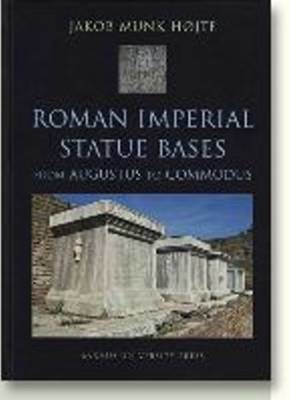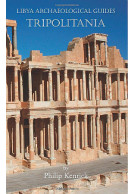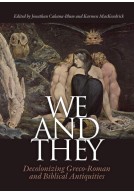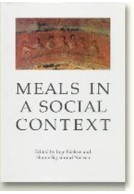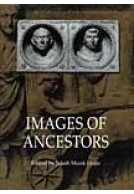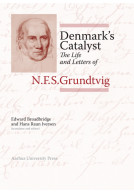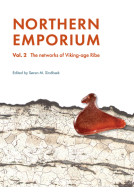Google Books previews are unavailable because you have chosen to turn off third party cookies for enhanced content. Visit our cookies page to review your cookie settings.
Roman Imperial Statue Bases (Hardback)
from Augustus to Commodus
Imprint: Aarhus University Press
Series: Aarhus Studies in Mediterranean Antiquity
Pages: 658
Illustrations: illus
ISBN: 9788779341463
Published: 31st January 2006
Script Academic & Professional
Series: Aarhus Studies in Mediterranean Antiquity
Pages: 658
Illustrations: illus
ISBN: 9788779341463
Published: 31st January 2006
Script Academic & Professional
You'll be £27.95 closer to your next £10.00 credit when you purchase Roman Imperial Statue Bases. What's this?
+£4.99 UK Delivery or free UK delivery if order is over £40
(click here for international delivery rates)
Need a currency converter? Check XE.com for live rates
(click here for international delivery rates)
Need a currency converter? Check XE.com for live rates
The study of Roman imperial statues has made remarkable strides in the last two decades. Yet the field's understandable focus on extant portraits has made it difficult to generalise accurately. Most notably, bronze was usually the material of choice, but its high scrap value meant that such statues were inevitably melted down, so that almost all surviving statues are of stone. By examining the much larger and more representative body of statue bases, Jakob Munk Højte is here able to situate the statues themselves in context. This volume includes a catalogue of 2300 known statue bases from nearly 800 sites throughout the Roman Empire. Moreover, since it covers a period of 250 years, it allows for the first time consistent geographic, chronological and commemorative patterns to emerge. Højte finds among other things that imperial portrait statues are connected chiefly with urban centres; that they were raised continuously during a given reign, with a higher concentration a couple years after accession; that a primary purpose was often to advertise a donor's merits; and that they increased six-fold in frequency from Augustus to Hadrian, an increase attributable to community dedications.
Customers who bought this title also bought...
Other titles in the series...
Other titles in Aarhus University Press...







